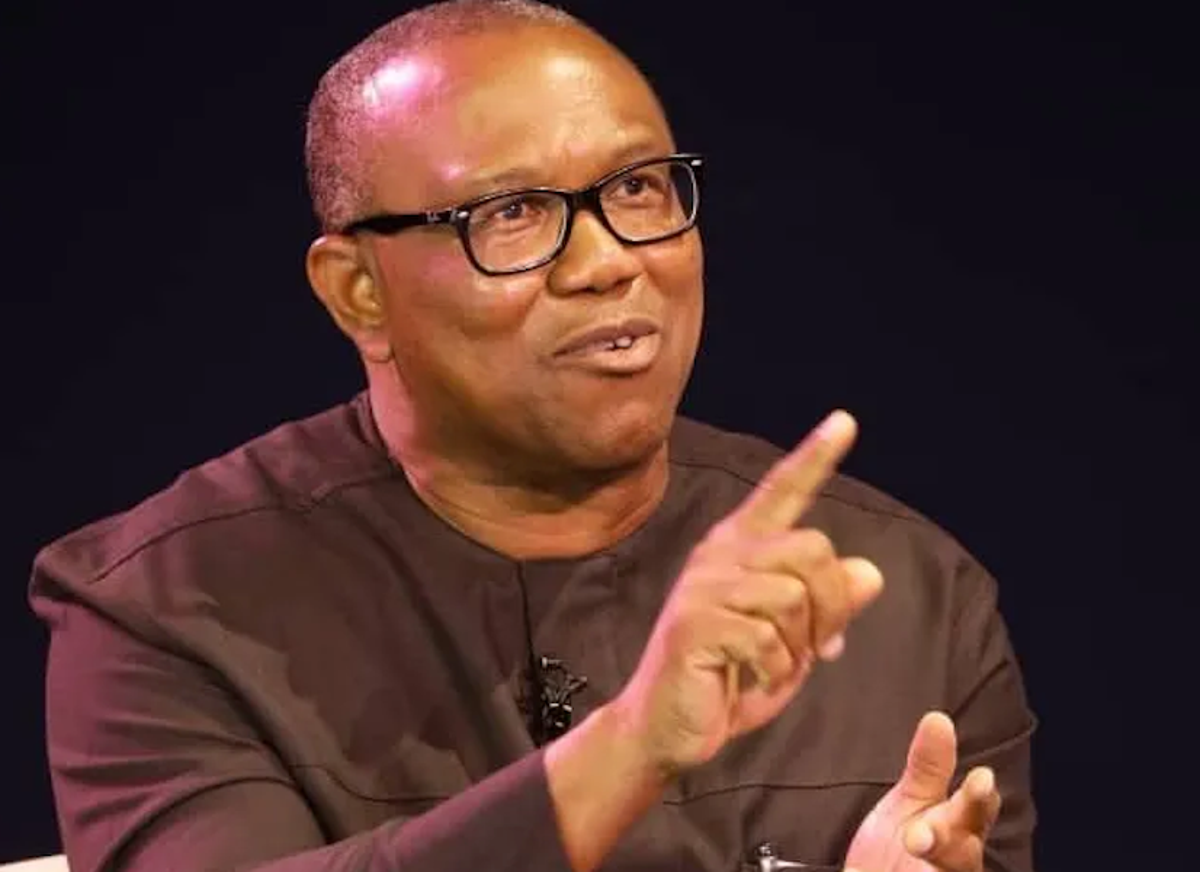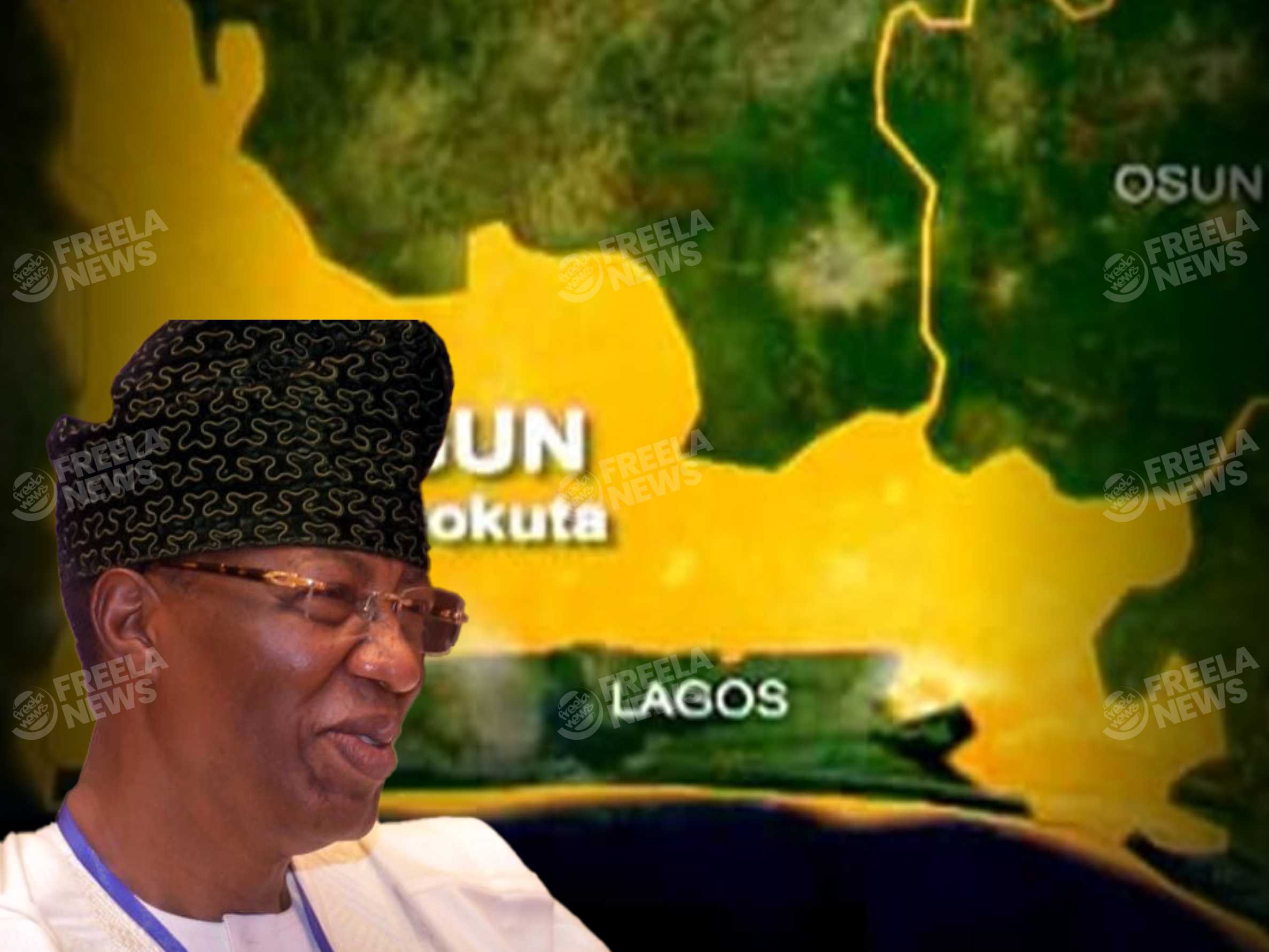As his tenure nears its end, Ogun State Governor Dapo Abiodun faces a stark decline in influence, with deserted meetings, missed opportunities, and growing public disillusionment marking the twilight of his administration
A few years ago, there was a witty and hardworking civil servant in one of Ogun State’s ministries named Matanmi.
True to his name—Matanmi (meaning “Do not deceive me”)—this soft-spoken but diligent man often offered a quiet rebuke to the arrogance of political appointees.
To their youthful exuberance and self-importance, he would respond with a terse Yoruba warning: “Wuruwuru, ọdún naa n pe e lọ”—“Gradually, the clock of exit is ticking.”
The appointees, drunk on newfound power, often ignored his admonitions. But time, as always, proved him right. As the Yoruba proverb says, “Ofisi l’ó máa réyìn Akòwé”—“The office will surely outlive the Clerk.”
So it is with Dapo Abiodun. What started as a hopeful tenure nearly six years ago is now approaching its final chapter. The clock is ticking.
In Yoruba tradition, when a king’s end is near, the royal aura begins to depart—often two years before his final bow. That aura quietly transfers to the “next person.”
Today, we see the same with Governor Abiodun. Meetings are called but sparsely attended. Appointees make excuses. The gratifications once available have dwindled. Attention is shifting elsewhere.
When a leader starts reminding people, ‘I am still the Governor,’ it’s the clearest sign that power has slipped from his grasp.
He is beginning to look behind him only to find no one. He will try to assert relevance, but it will ring hollow. When a leader starts reminding people, “I am still the Governor,” it’s the clearest sign that power has slipped from his grasp.
Dapo Abiodun had the authority to appoint over 3,000 people—Commissioners, Special Advisers, Assistants, and board members. Now is the time for each of them to reflect: were their lives truly bettered beyond the fleeting titles? After his exit, how many will still feel his impact? Transport union leaders, once loyal, will shift allegiance to the new power. He may dream of installing a successor, but history laughs at such dreams. Let him ask others who tried—Wike, for example, was nearly swept aside by Fubara, but for the intervention of President Bola Ahmed Tinubu.
As the Yoruba dirge goes: “Ta ni mo fi aiku jo o? Baba nla baba mi da?”—“Who am I to cheat death, when even my ancestors have passed on?” Who then can Dapo Abiodun be, to escape the political fate that has befallen his predecessors?
Yoruba wisdom warns: “Eku tó já fáfá, èbìtì lù; ká má wa sọ àpọnpébìtì”—“Even the smartest rat can be caught in a trap.” Those who governed well were criticized; how much more a governor seen to wear a cloak of arrogance stitched with incompetence and corruption?
History may remember Dapo Abiodun as the governor who shut down Olumo Rock, a prominent tourist center, even while Ogun State hosted the National Sports Festival—a prime time to showcase the state’s heritage. He failed to leverage cultural icons like the Queen of Sheba’s trail through Biliki Sugbo Shrine in Ijebu Ode. Instead, he gave them mere “sticks” to play in an internationally acclaimed but neglected stadium.
His parting gift? A scandalous N2 billion budget for athlete feeding—reportedly at N11,000 per meal—yet no local caterer won the contract. His golden medal? The abandonment of state-owned sports facilities like those in Ilaro, Ijebu Ode, and Sagamu, while investing in private ventures.
The National Sports Festival was a missed opportunity to redeem public trust. But alas, as the Yoruba say, “Bí Òyìnbó bá máa lọ ní’ilu, ó máa su sí àga ní”—“When the foreigner is about to leave the village, he defecates on the chief’s chair.” Governor Abiodun leaves office amid public disappointment, and the gods have returned a verdict: exile to irrelevance. Politicians now avoid him like a leper, with “cogent” excuses—“busy,” “engaged”—while pledging loyalty to the “Next Man.”
Dapo Abiodun is now elésin àná—yesterday’s horse, no longer feared nor useful. The gratitude of the people is now reserved for someone new.
Wúrúwùrù, ọdún naa n pe e lọ—the clock is ticking.
Dapo Abiodun and Talabi, welcome to the exit door of power—the inevitable crossroad where both the mighty and the meek learn the eternal lesson: how not to misuse power.
Felá, omo ewú kélé Maja, Ògìrìyàn tí ń sunkún àtánde gbangba
Source: Read more at iretura.com

Freelanews is a potpourri of news, entertainment, business, events and photos. This is no fake news.





























